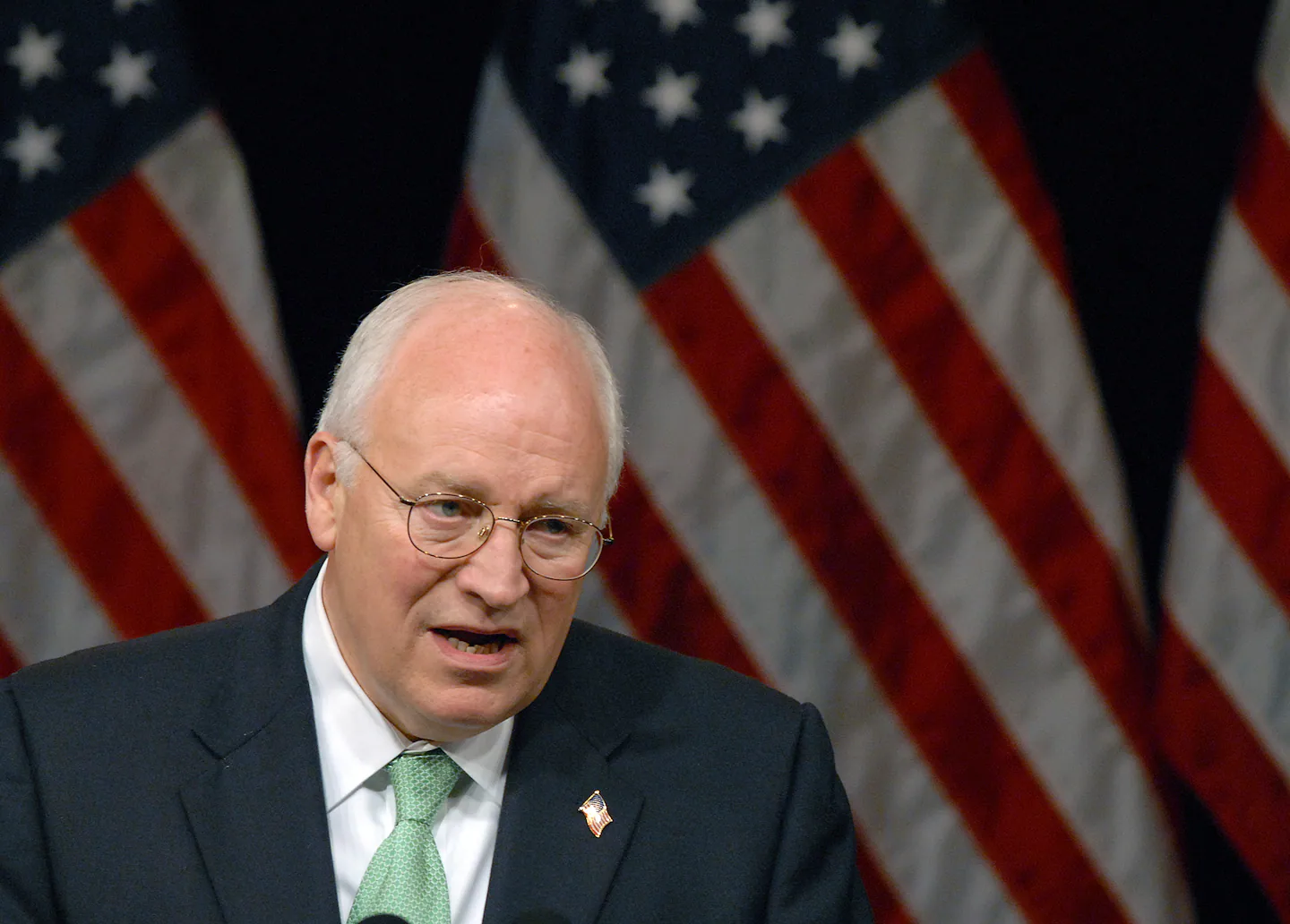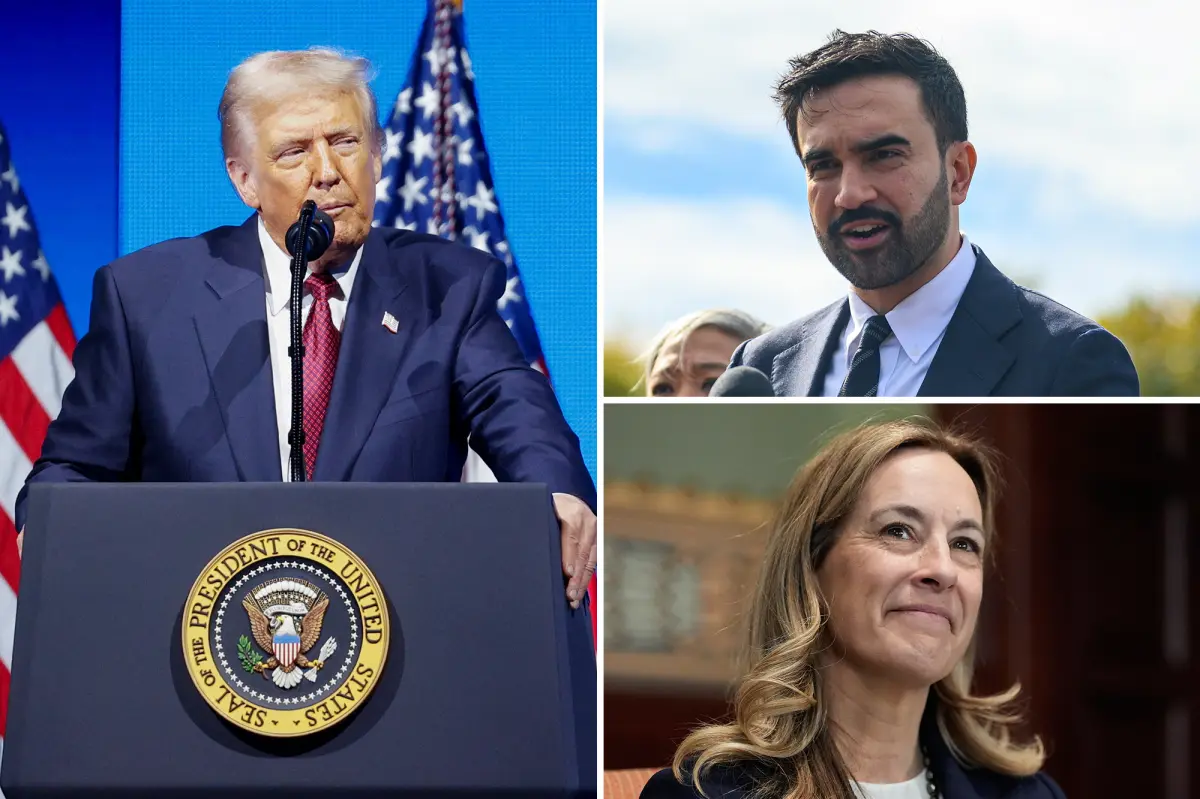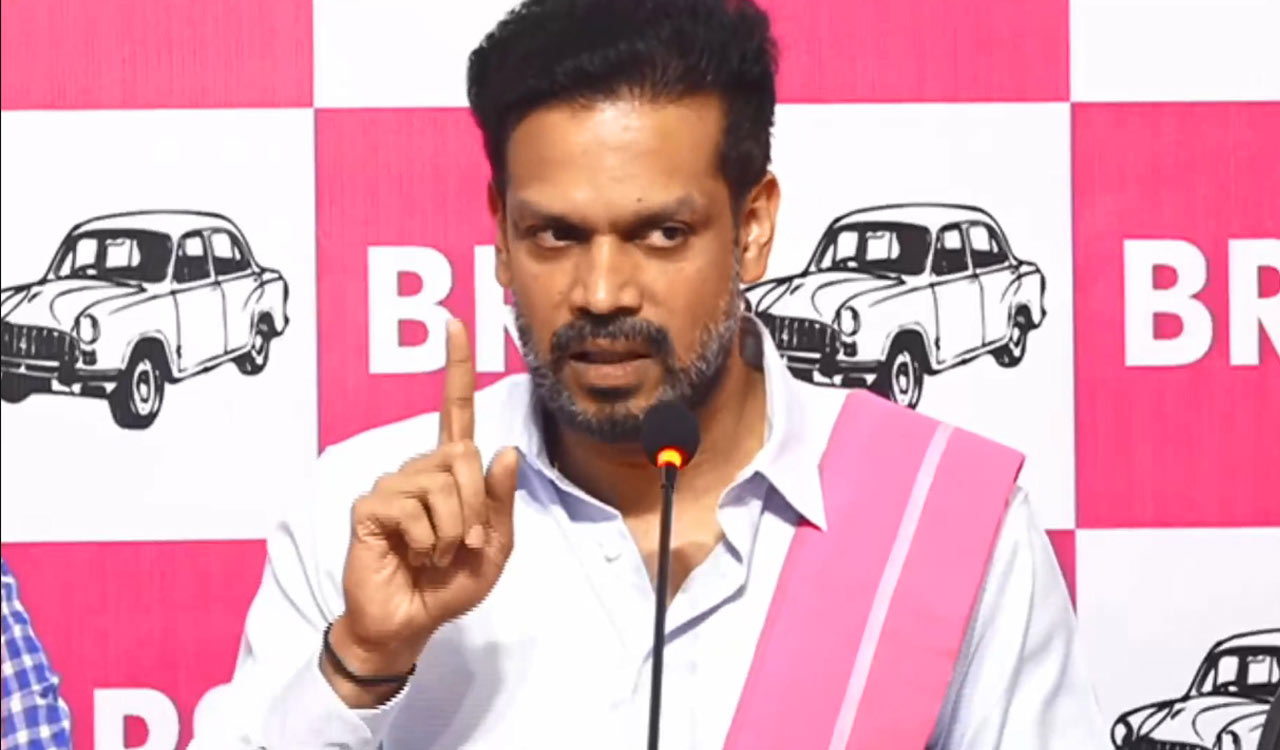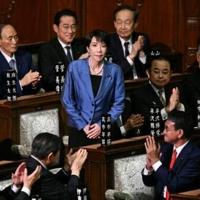Copyright tribuneonlineng
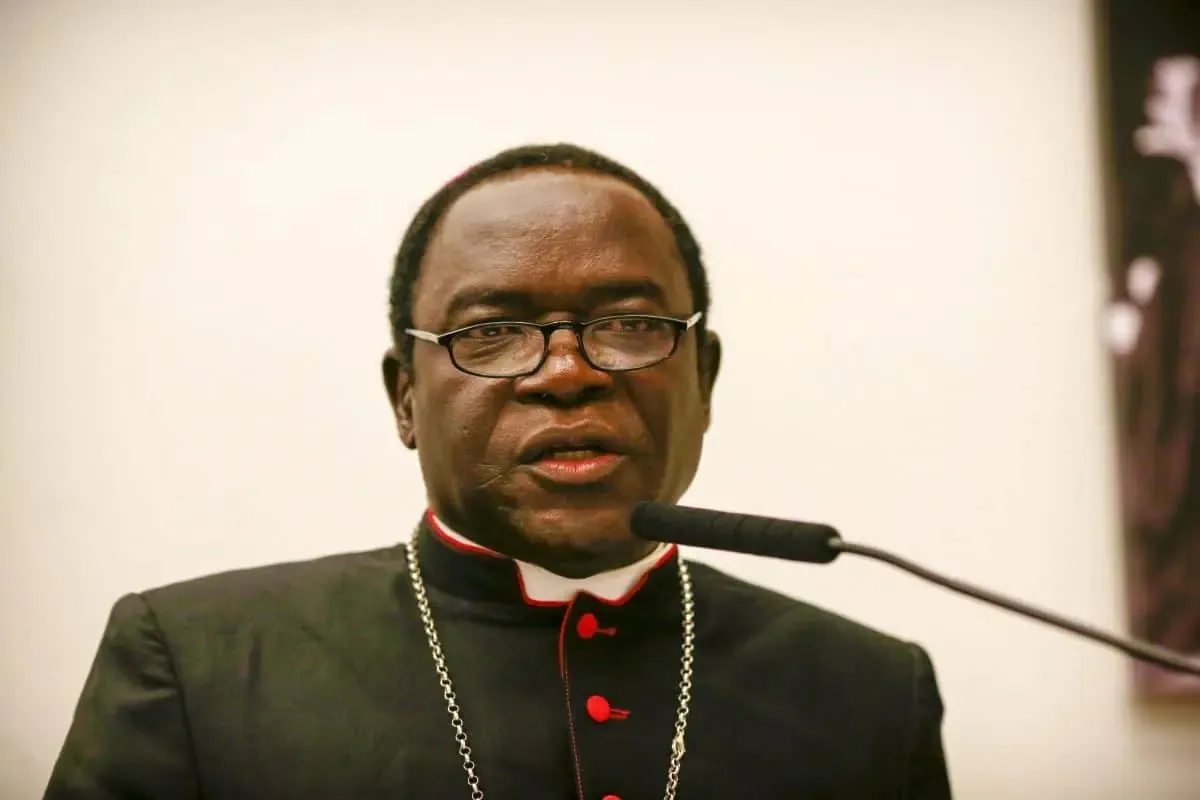
CATHOLIC Bishop of Sokoto, Matthew Hassan Kukah, has warned that unless Nigeria urgently confronts the growing tide of religious extremism and political intolerance, the country could descend into a Gaza-like situation marked by endless violence and despair. Delivering a keynote lecture titled ‘Nigeria: Time to Reload’ at the 60th birthday celebration of journalist and former presidential spokesperson, Dr. Reuben Abati, at the Nigerian Institute of International Affairs, Victoria Island, Lagos, on Friday, Bishop Kukah painted a sobering picture of a country at war with itself, fractured along religious, ethnic and moral lines. He urged political leaders to “reload” the Nigerian project by revisiting the ideals of justice, fairness and national cohesion, warning that weaponised religion and unrestrained extremism now threaten the very survival of the state. He said: “To reload our politics, Nigeria needs to rethink how to rescue our country from the clutches of the dark forces of all forms of extremist ideologies. If Nigeria does not confront the demon of weaponised religion, we may have no country because those who weaponise religion are a greater danger to the religion itself. “Nigeria must be a country of one people under one law. To this end, I again appeal to the President. He went to court to cure the injustice that has encouraged corruption in regards to the funds of Local Government Councils. He should go to the Supreme Court to seek a proper interpretation of the implications of the adoption of Sharia Courts in the 12 northern states. Victims of the manipulation of religion constitute over 90 percent of believers. “The encircling steps of the angels of death and doom are here. We have been calling and crying for years. Northern Christians raised these issues before independence, but political expediency by the British colonial state denied them fair hearing. Now, this demon has come back to haunt us. “If Nigeria does not kill the dragon of religious extremism, it will be only a matter of time before we become a larger Gaza. Supremacists who hide under religion must have no place in our social and political life. The time to deal with this problem is now. The place to start is here. “So, thank you, President Trump for the blowout and throwing an unexploded hand grenade our way. I hope we have a chance to act before it explodes. All Nigerians must walk tall and confident through the length and breadth of this great land.” Kukah argued that the survival of the Nigerian state now depends on restoring moral balance and national identity, away from ethnic rivalry and religious manipulation. “Our insecurity is the result of our lack of unity and faith, which have made peace and progress impossible,” he said. He said Nigerians should not be angry over comments made by United States President, Donald Trump, about the country, but should instead see them as a wake-up call to address the nation’s deep-rooted problems. Kukah said Trump’s remarks were not the real issue but merely a reflection of Nigeria’s failures in governance, unity and values. At the event, where books authored by Dr. Abati were also publicly presented, Kukah said Nigeria’s biggest challenge is its refusal to confront the truth about its dysfunction. He said, “All of us are confusing Trump for a sickness. He’s a symptom, not a disease. Trump is a symptom of the disease that is in our country. “I think it is Yoruba people who say it doesn’t matter who kills a snake as long as the snake is dead. So, whether it is Trump or whoever that has given us this charge, it is time for Nigeria to wake up,” he said. According to the cleric, rather than take offence at Trump’s words, Nigerians should reflect on the realities that have made such a criticism possible, including ethnic divisions, religious intolerance, corruption, over 60,000 abandoned projects and the failure to conduct free, fair and credible elections. Kukah said: “The messenger is not as important as the message. Trump’s words should challenge us to ask why, after so many years of independence, we are still struggling with the same issues of ethnicity, religion and bad governance. We need to fix our country.” Kukah urged Nigeria to establish clear values and shared principles that can guide governance and national conduct. “When you talk about the Americans, they have what they call their founding fathers, whose names are constantly invoked to justify or criticise actions. “If you find us being chaotic, quarrelsome and angry in Nigeria, it is because we lack a moral and institutional foundation to establish equilibrium. So, we must ask ourselves: who are our founding fathers?” he said. He lamented that Nigeria’s political elite have failed to build a unifying national myth comparable to those that sustain patriotism in other nations. “Nationalism is a tree that must be watered. Can you name one single event that Nigerians get excited about?” he said. Using the metaphor of a marksman reloading his gun after missing a target, Kukah urged Nigerians to confront their historical failures with courage and creativity. “A marksman reloads for many reasons, maybe he missed the target, maybe the gun was not loaded, maybe his object moved. Whatever the reason for failure, he reloads and tries again. That is what Nigeria must do,” he said. He noted that the decline in public values and national standards, from politics to education and the media, reflected a moral crisis that could not be cured by laws or constitutions alone. “No matter how much one loves this country, we cannot explain away all the opportunities we have missed. But national greatness lies in identifying and correcting past mistakes, not focusing on recrimination and self-flagellation,” Kukah stated. Citing Dr. Kayode Fayemi’s phrase “Nigeria’s unfinished greatness,” Kukah said the nation still holds immense promise if it can rediscover moral purpose and national cohesion. He compared Nigeria’s lost ideals to other nations that built their identities on philosophy, faith and moral vision, from the Confucian equilibrium that shapes China’s politics to the moral theology that underpins American democracy. “Every country has its history. The question for us is: who are our founding fathers, and what was their philosophy? What can we hold up from their lives for inspiration today?” he said. Kukah blamed Nigeria’s postcolonial disorder on the moral vacuum left by its colonial creation, quoting Dele Ogun’s ‘A Fatherless People’ to describe Nigeria as “an ideological orphan.” In a section of his speech that drew loud applause, Bishop Kukah condemned what he called “government by marabouts and shamans” in Nigeria, mocking the culture of ritual sacrifices and occult consultations in high places. “All this idea of government by marabouts, shamans, slaughtering crossbred cows, donkeys, camels, cats with three legs, one eye, no tail, black tongue, will not cut it. We need a moral and intellectual reawakening, not superstition,” he said. He called for a national values renaissance rooted in African humanism and Ubuntu, “I am because you are,” contrasting it with the “dark world of charms and sorcery” that has overtaken public life. Kukah also expressed deep concern over declining faith in democracy globally and in Nigeria, quoting political scientist Fareed Zakaria’s warning that “people no longer doubt their governments; they doubt each other.” He argued that Nigeria’s political elite must renew the people’s faith in democracy through transparency and accountability, rather than opportunism and endless party defections. “The challenge to our democracy is not the lack of elections but the lack of honesty and sincerity by political actors. Elections are like weddings; they are ceremonies. Governance is the marriage, and that is where the real work begins,” he said. “ Concluding his lecture, Bishop Kukah described Nigeria as a “country permanently on a boilerplate of self-doubt,” but said hope is not lost if citizens can summon the will to rebuild. “Perhaps, in the end, we have to come to terms with the fact that there are really no final destinations in the dream of nations. In the end, it is about holding together and believing that, no matter the turbulence, our eyes are still set on the dream of building a united nation,” he said. The event also featured remarks from former Presidents Olusegun Obasanjo and Goodluck Jonathan, who both praised Abati for his scholarship and contributions to national discourse. Obasanjo, who chaired the occasion, lauded Abati’s intellectual evolution and stressed the importance of truth as a core value for national development. “The truth that I stood for at that time, you have now come to stand for. You’ve made progress; now you have to make success, and may God continue to help you to make success,” he told Abati. Book reviewer, Mr Louis Odion, described Abati’s three books, ‘Portraits: People, Politics and Society’ (642 pages), ‘How Goodluck Jonathan Became President’ (285 pages), and ‘A Love Letter and Other Stories’ (402 pages), as a mix of Nigeria’s best and worst moments, offering hope for a more cohesive nation. Other dignitaries at the event included former Ogun State governor, Segun Osoba; Abia State governor, Alex Otti; Lagos State deputy governor, Obafemi Hamzat; Economic and Financial Crimes Commission (EFCC) chairman, Ola Olukoyede; the Alake of Egbaland, Oba Adedotun Gbadebo; and the Olota of Ota, Oba Adeyemi Abdulkabir. Also in attendance were former governors Gbenga Daniel and Adams Oshiomhole, Ambassador Godknows Igali, Lady Maiden Alex-Ibru, Messrs Biodun Shobanjo, Femi Adesina, Nduka Obaigbena, Prof. Anthony Kila, Amaju Pinnick, Aigboje Aig-Imoukhuede, Bimbo Ashiru, Prince Julius Adelusi, Shaffy Bello, veteran journalist, Tola Adeniyi, Mr. Edward Dickson, Mr. Sina Oladeinde and Dr. Lasisi Olagunju and other editors across the country. The author’s wife, Kikelomo Abati, led family members to the ceremony.
